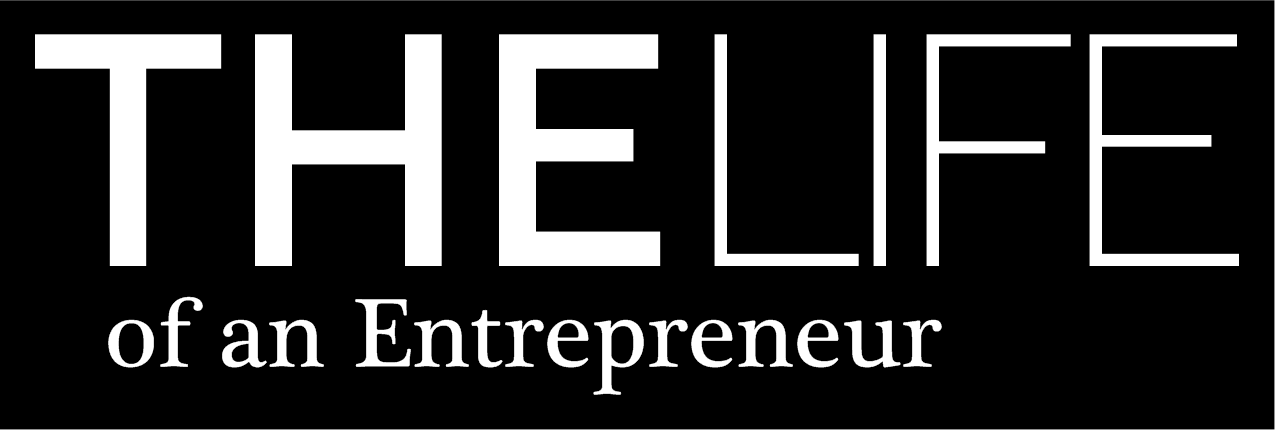
What is paying taxes a good sign?
A tax consulting.co.za article highlights the shrinking tax base in South Africa, exacerbated by the Covid pandemic, a situation confirmed by a study from Oxford University. While Mr. Kieswetter asserts that the tax base is not declining due to new registrations, a distinction exists between registrations and actual contributors.
It is nearly February once more, signifying the impending conclusion of the financial year for numerous companies. The accountant will soon be assembling the annual financial statements, inevitably encountering recurring resistance from certain business owners: “I am not going to pay that amount of tax! What does the government do for me/us to justify that?”
Taxation, as per Wikipedia.org, dates back to around 3000-2800 BC. It is a longstanding practice, with people historically displaying resistance to paying taxes. The fundamental reasons for tax payment lie in fostering economic growth and funding essential sectors such as health, education, infrastructure, policing, and other services, all aimed at achieving the common goal of a prosperous, functional, and orderly country. Tax serves as a crucial element in the social contract between citizens and the economy, determining a government’s right to govern through the management of tax revenue.
The challenge lies in generating sufficient revenue by balancing tax rates and the tax base, which represents the contributing pool’s size. Research indicates a correlation between tax rates and the number of formal businesses, revealing that higher compliance costs lead to an increase in informal businesses, resulting in lower revenues. Consequently, the government must now strive to generate the same revenue from a smaller tax base.
A tax consulting.co.za article highlights the shrinking tax base in South Africa, exacerbated by the Covid pandemic, a situation confirmed by a study from Oxford University. While Mr. Kieswetter asserts that the tax base is not declining due to new registrations, a distinction exists between registrations and actual contributors.
The private sector is commonly expected to bridge the gap between what the government theoretically provides and what is actually delivered, presenting entrepreneurs with more opportunities.
Psychologically, paying taxes is influenced by the Knowledge of Wharton publication, revealing that people are more sensitive to losing a dollar than gaining one. This principle is evident in tax payments, where business owners, realizing their provisional tax does not cover the total tax payable to SARS, seek ways to minimize taxes.
Tax avoidance involves utilizing prevailing tax laws legally to reduce the tax bill, while tax evasion employs unlawful methods. Tax resistance serves as a form of political protest, having distinct motivations but potential legal consequences.
In South Africa, tax evasion can result in an understatement penalty in administrative matters and criminal charges. A peculiar fact in the United States is that thieves are required to report stolen money as income, acting as a confession of theft, allowing authorities to pursue tax evasion charges in the absence of sufficient evidence.
Profitability stands as a tangible measure of success, affirming the business owner’s skills, decisions, and hard work while boosting confidence. It confirms that the market values the products or services offered.
For those liable for tax, after proper tax planning, paying it with a grateful heart signifies the business’s contribution to the greater good of the country. Therefore, paying taxes becomes a positive indicator of success.
